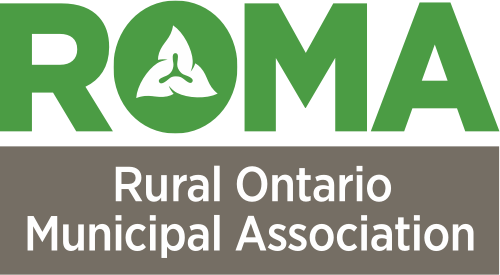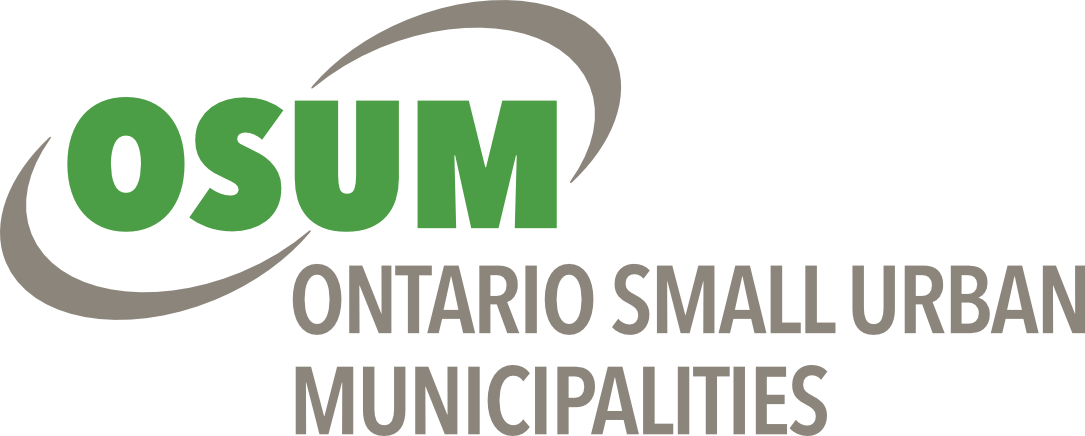My Time as AMO's 2020 Policy Intern
By Shreya Ghimire, AMO Policy Intern
I would be lying if I said starting an internship from home, in the midst of a global pandemic, did not seem daunting at all. With the vision of working in a downtown office becoming less and less likely as I got closer to my start date in April, I grew more nervous about what interning virtually would look like. However, I think it has taught me new skills I was not expecting to learn and has given me a very unique perspective on how advocacy in the municipal sector works (and really ramps up) in emergency situations—especially given that the emergency situation we continue to be in is absolutely unprecedented.
During my time as AMO’s Policy Intern, I supported Policy Staff on a variety of files. I am very proud of how much I learned and the quality of work I produced for the organization during my four months. Some of this work included the opportunity to be involved in developing advocacy around the impacts of COVID-19 on the long-term care sector, updating the AMO backgrounders, and developing a discussion paper on flooding, climate change, and municipal responses.
One of the highlights of my time at AMO was getting to be involved in the organizing of a successful AMO 2020 Virtual Conference. For the first time in AMO’s 121-year history, the conference was delivered completely online. The virtual conference was Canada’s most comprehensive gathering of government leaders since the COVID pandemic began. It was a really cool experience to be part of something so innovative, where people showed up from all over the province to discuss issues that mattered to them.
In all, I learned a lot about what it means to work on behalf of Ontario’s municipalities. This was an incredibly valuable experience for me because of the direct impact municipal services have on the lives of so many, including myself. Municipalities are on the frontlines of most issues facing Ontarians today, from climate change to accessing social services to economic growth to public health and addiction. I also got to see firsthand why this work needs to be equitable because not all these issues affect Ontarians to the same extent—these issues and the policy advocacy that responds to it is filtered through gender, race and class. It was also valuable to see how municipal advocacy can both inform, and be informed by, national conversations. For example, I am interested to see how AMO advocacy on policing changes and adapts in response to the Black Lives Matter movement and growing calls to defund the police.
I am excited to take the knowledge I’ve received and the unique perspectives I developed around municipal policy issues with me as I re-enter the academic world to pursue my PhD in political science. To all those I worked with this summer, I wanted to say thanks for making me feel welcome and supported despite the distance!





